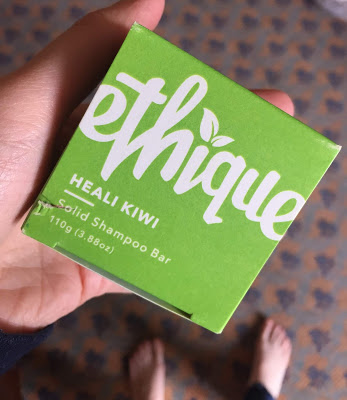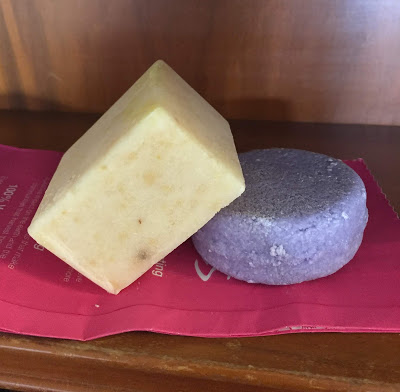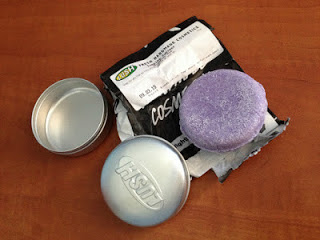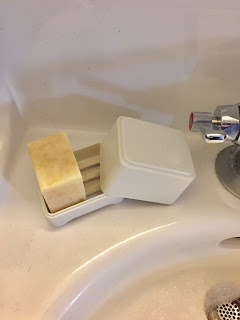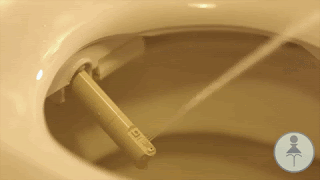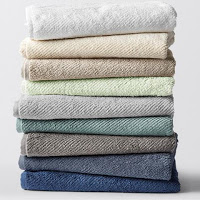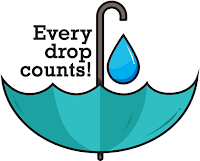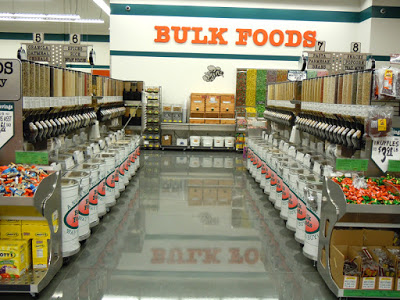Hey earth muffins! As I continue on my zero waste journey, I have often thought about trying to stop eating meat. 🥩 It is obviously much more sustainable to not support the meat industry, but whenever I try to avoid them I never get enough protein and end up feeling really sick. To fix this, I thought you all would appreciate a post dedicated to some meat alternatives – by writing this, I hope to inspire myself (and others) to stop eating as much meat. 😃 Let’s jump right into it!
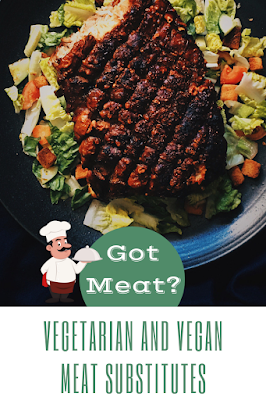
1. Chickpeas – I am a sucker for some tasty garbanzo beans. If necessary, I would be able to eat a whole can of these by myself… 😝 You can also buy them dried in the bulk bins, and they are super easy to rehydrate and cook with. You can use the beans as a substitute for meat or as a side dish. My favorite way to eat them is with a bit of balsamic vinegar on top!
2. Tofu – I used to love tofu when I was younger, but then I just stopped eating it for some reason. Now, I absolutely love it again! Tofu has a lot of protein in it, and it can definitely be cooked in a way that doesn’t make it soft or tasteless (which are the two major complaints I hear about it). If you are lucky, some international grocery stores actually sell fresh tofu without plastic, so you can bring your own container to be totally zero waste! 🎉
3. Lentils – These are a great meat substitute because they are extremely cheap to buy in bulk bins and aren’t super tricky to cook. There are a lot of international recipes that already use lentils instead of meat, so check out Pinterest for some inspiration! 🍲
4. Seitan – This food was a total mystery to me until I tried some this year, and it is actually pretty good! It is made of wheat gluten and can take the place of chicken, beef, or pork in a lot of recipes. While the texture is a little off from the texture of meat, if you season it well it is a really nice substitute! You can also make your own seitan to challenge yourself in the kitchen.
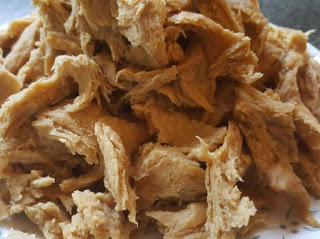
5. Other Beans – Even though chickpeas are my favorite, there are many other beans that can be used to substitute meats. The best burger I have ever eaten was made of smashed kidney beans (and some other vegetables), so I would definitely recommend stocking up on beans in the bulk bins as well. Cheap and delicious!
6. Nuts – While you can’t really use almonds in place of chicken in a stir fry (or maybe you could I don’t know!), nuts are a great source of protein. I used to absolutely hate the texture of nuts, but I have been pushing myself to eat more of them… And I am starting to really like them! 🥜

What other ingredients do you use as a source of protein??
Love,
Jenna ♥

